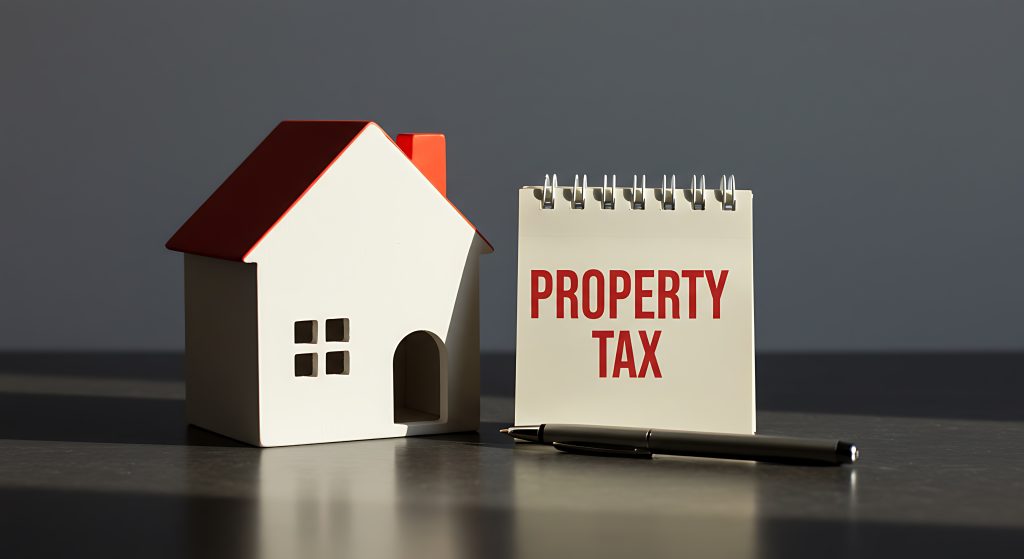RAPID CITY, South Dakota – A proposed Initiated Constitutional Amendment aims to abolish real property taxes across South Dakota and replace the revenue with a new “retail transaction” tax. The South Dakota Attorney General’s office released a draft explanation for the measure on October 17, 2025.
The proposal, which was submitted by co-sponsors Mike Mueller, Julie Frye-Mueller, and Matt Smith of “Abolish Property Taxes SD”, seeks to eliminate the current system where taxes on real property-including land, homes, rental properties, and commercial buildings-fund counties, cities and towns, school districts, and other political districts.
The new tax would be imposed on each retail transaction. For any retail transaction with a final purchase price of $15 or more, a flat tax of $1.50 is assessed. For transactions less than $15, a 10% tax is assessed on the final purchase price. The final purchase price for this tax does not include any applicable state or local sales and use tax.
There have been no models released to show that this tax change would be able to replace the current funds collected from property taxes. According to South Dakota’s fiscal year annual report in 2024 South Dakotan’s paid more than $1.78 billion dollars in property taxes. 56% go towards public education, 27% to the county, 13% to municipalities, 2% townships, and 2% special assessments. Theses taxes are paid by 44% owner occupied, 31% commercial, 20% agriculture, 2% utilities, and 2% special assessments.
This retail transaction tax is intended to completely replace real property tax revenue. The collected funds would be deposited into a designated property tax replacement fund and used only for the ordinary and capital expenses of the existing political subdivisions currently funded by property taxes.
Additionally, the proposal requires the Legislature to create a system for retailers to collect and submit the assessed retail transaction taxes. The Legislature may annually increase the tax rate by the lesser of five cents or an amount necessary to replace the foregone revenue from the prohibition on real property taxes.
The Attorney General, Marty J. Jackley, filed the draft explanation with the Secretary of State, Monae L. Johnson, for public comment. This action is required by state law for initiated measures that may appear on a ballot. The sponsors of the measure have also asked the Director of the Legislative Research Council to prepare a fiscal note.
The amendment would not replace or impact the collection of existing sales and use taxes or excise taxes. Non-property owners would not see a tax benefit from this amendment.
If approved for the ballot, the measure would be put before South Dakota voters.


